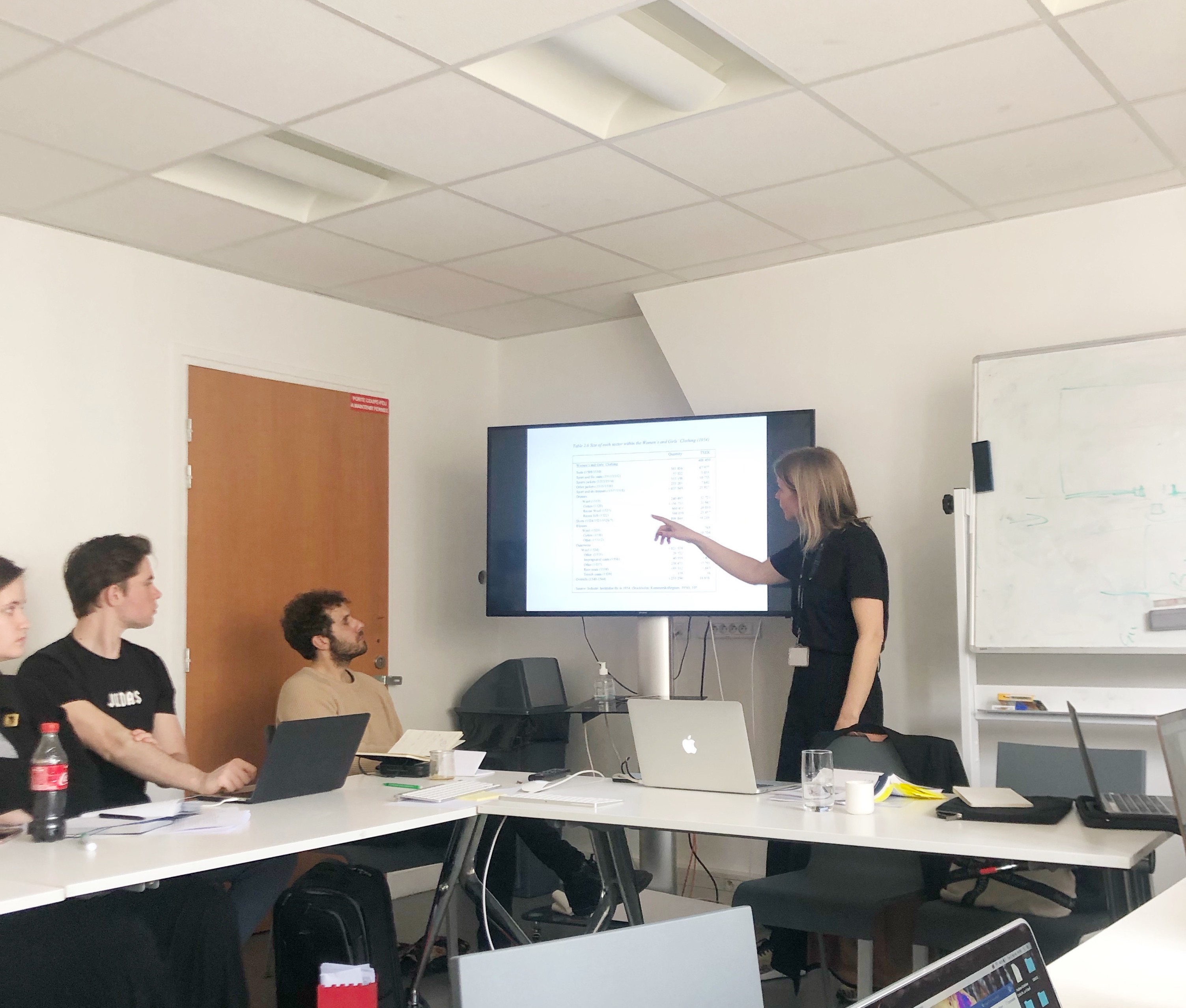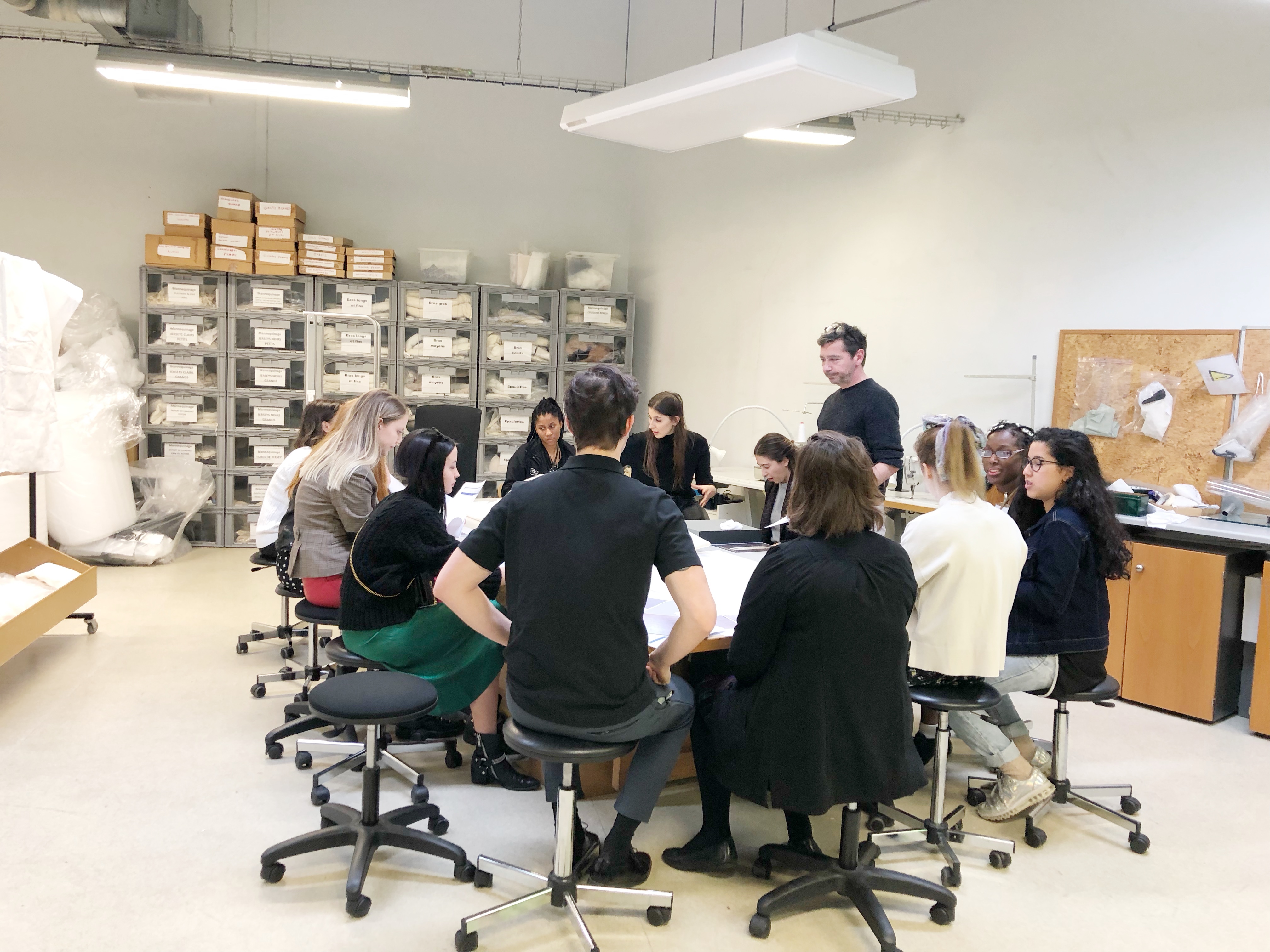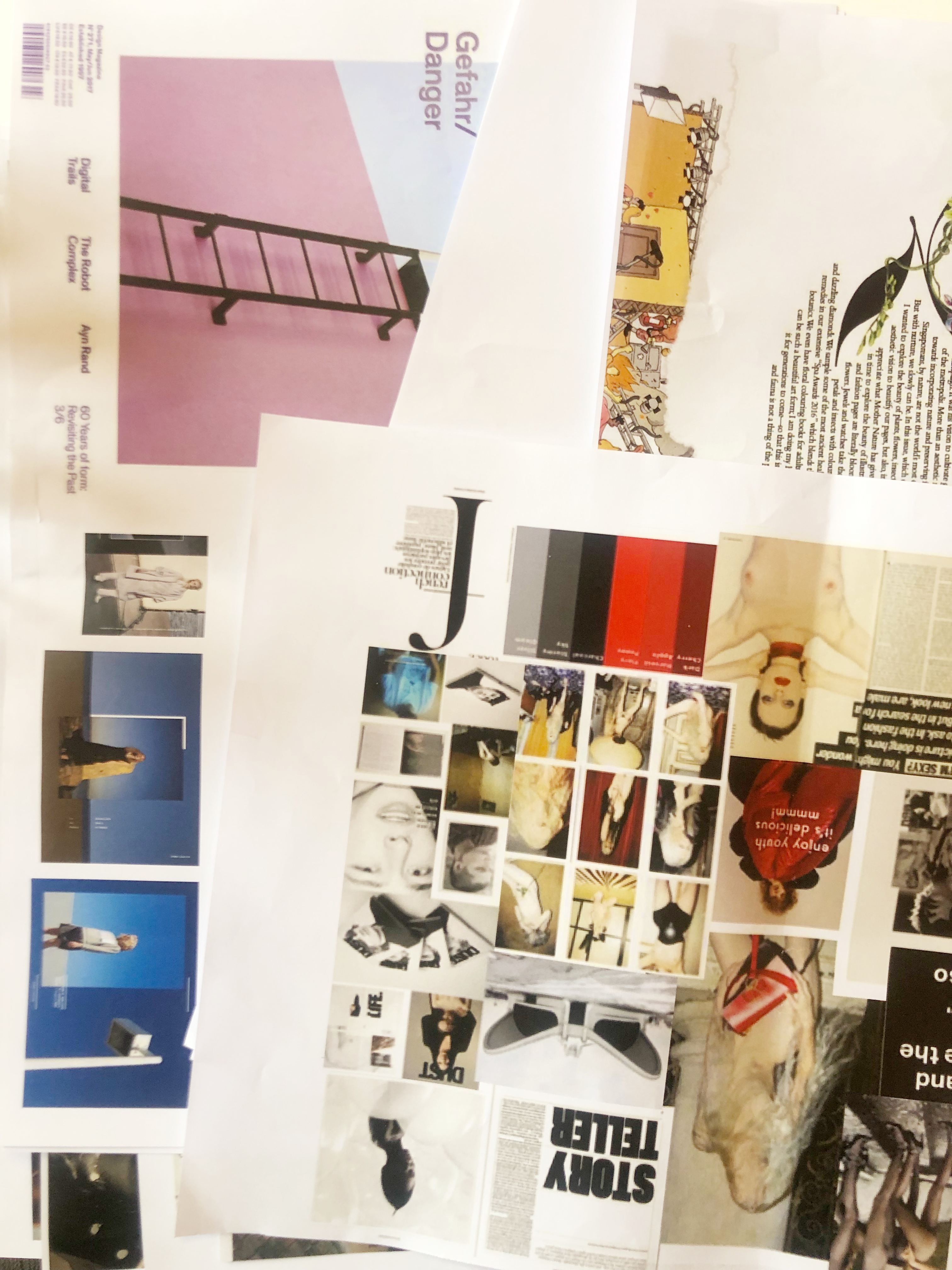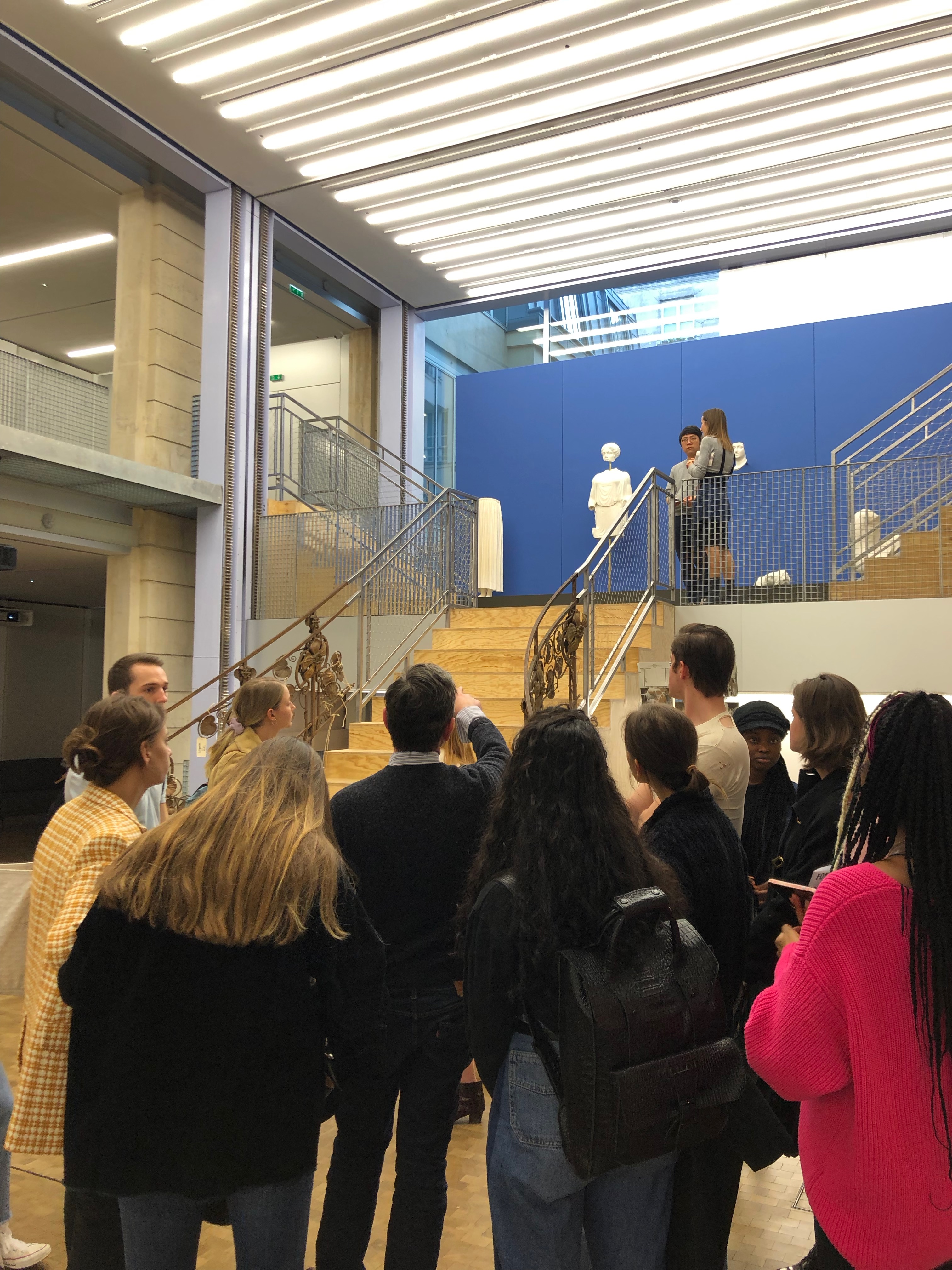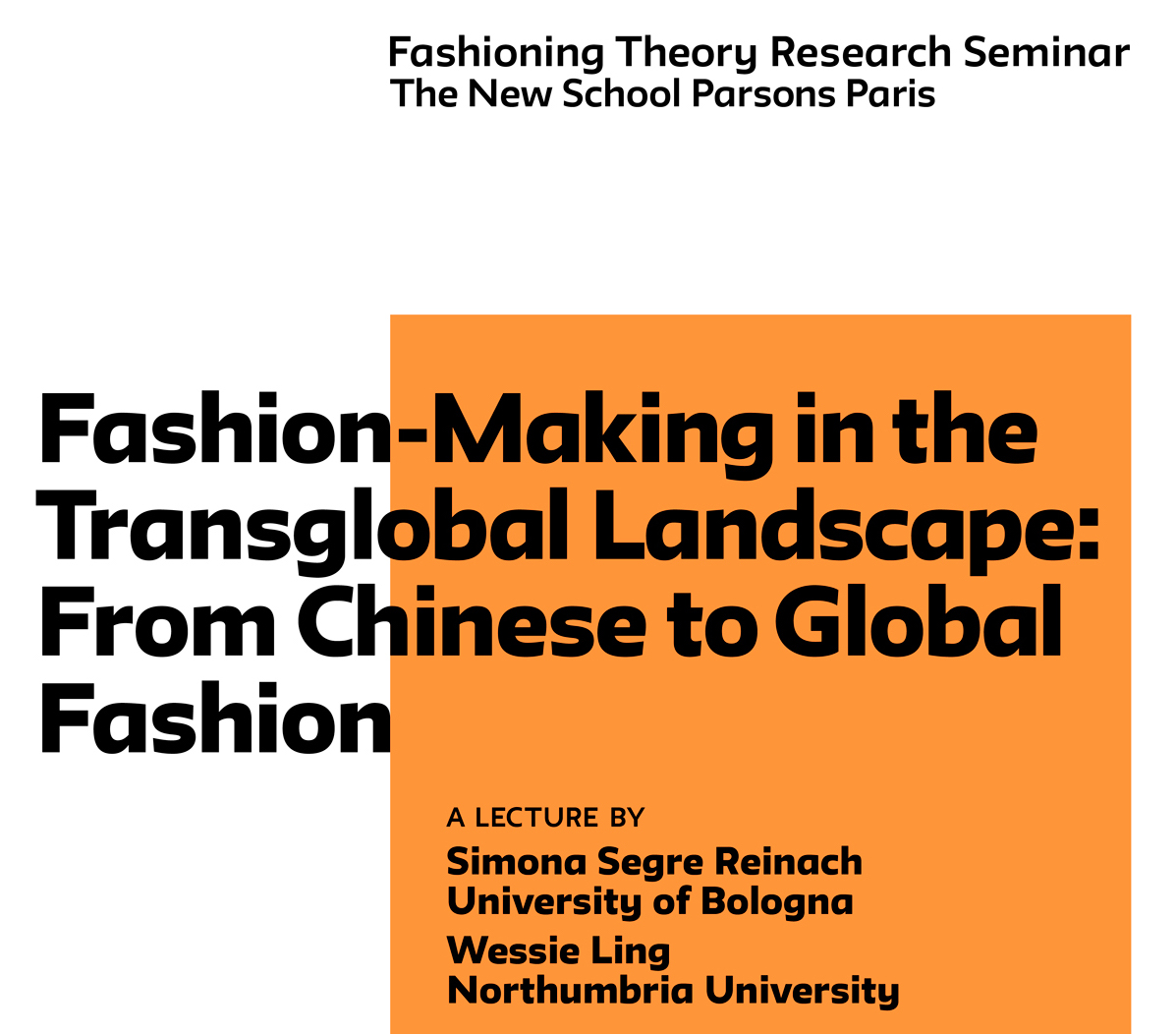Lauren Downing Peters is a 2012 graduate from the Parson’s MA in Fashion Studies program. She is currently researching “fat” bodies and fashion at Stockholm University’s Centre for Fashion Studies. She co-founded The Fashion Studies Journal in 2012 and has since contributed to fashion discourse through her work on fashion photography, vintage fashion, and most notably, plus-size bodies and fashion.
During her lecture based on her PhD dissertation research, Peters emphasized how fashion is an outward portrayal of our internal perceptions of self. Women from her ethnographic research, who identify as “fatshionable”, find difficulty in this dressing process because unlike sartorial objects, their “fat” identity cannot be removed at the end of the day. High fashion marginalizes these individuals because their heteronormative physiques deviate from the conventionally ideal (thin) figure. Peters commented that the emerging movement of body acceptance and positivity, though constructive and encouraging, may be a mere trend and if it falls “out of style”, the plus-size body will again be deemed undesirable within fashion.
The post-lecture discussion offered many factual alternatives to common myths around plus-size fashion. In the United States, the average woman is sized between 16 and 18, and 2/3 of female fashion consumers wear plus-sized clothing. Plus-size sample clothing is manufactured for models between sizes 6 and 8, meaning that the majority of models renowned for being “plus-size” are significantly thinner than the average woman. Many denounce “fat” bodies for being unhealthy, but as Peters commented, “unhealthy” lifestyles are not exclusive to individuals of bigger size; “healthy” and “unhealthy” are arbitrary terms.
The MA Fashion Studies class of 2019 is grateful to Ms. Peters for her engaging lecture. Additional work by Lauren Downing Peters can be found at www.laurendowningpeters.com or http://www.fashionstudiesjournal.org.
Written by: Clarabeth Smith, MA Fashion Studies
Photo by: Ariel Stark, MA Fashion Studies






